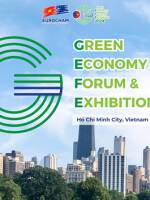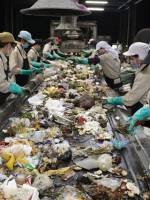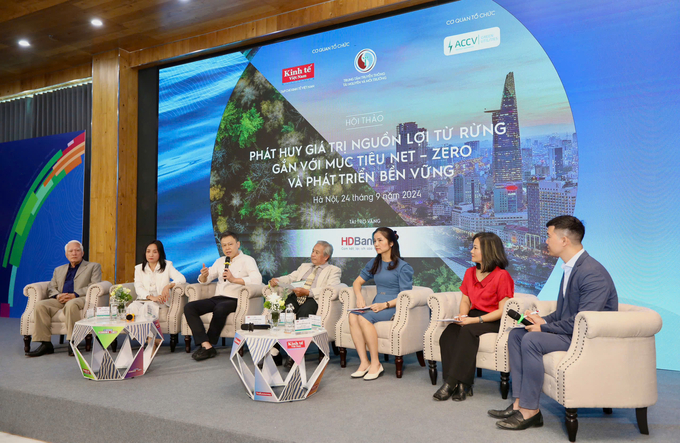
On the afternoon of September 24, the Seminar ‘Promoting the value of forest resources associated with the Net Zero target and sustainable development‘ was held to aim for the Net Zero target by 2050.
Forest protection is a key task for Vietnam to achieve Net Zero by 2050 in the context of deforestation, natural forest degradation, and ineffective management of production forests, which are the causes of natural resource depletion and increased greenhouse gas emissions.
Vietnam aims to maintain a stable national forest cover rate of 42% to 43%, plant about 238,000 hectares of forest each year, and find ways to restore natural forests to combat climate change.
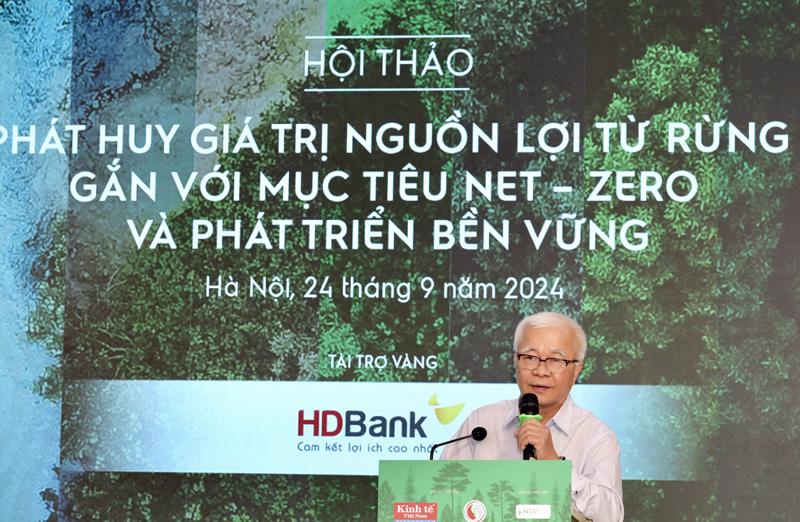
Speaking at the opening of the workshop, Dr. Chu Van Lam, Permanent Vice President of the Vietnam Economic Science Association, Editor-in-Chief of Vietnam Economic Magazine emphasized: “We are all very aware that forests are valuable resources, forests have great value and are expressed through four prominent aspects: economy, environment, culture and irrigation”.
Currently, developing multi-value forests is a trend that Vietnam is promoting. Accordingly, the direct values from wood, non-timber forest products, and hydropower only account for 15% of the value of the forest ecosystem. Other major benefits from forests are non-forest products and services. In particular, developing the forest carbon market is one of the current key tasks. This is clearly shown in the Project on developing multi-use values of forest ecosystems to 2030, with a vision to 2050, approved by the Government in early 2024.
“The values of forest resources need to be exploited and promoted more effectively and sustainably to meet new requirements and towards the carbon neutrality goals that Vietnam has committed to. We expect that with the participation of relevant Departments, Divisions, as well as relevant Ministries, experts, and investors, the issues raised at today’s workshop will be clarified, bringing valuable information to all parties”, Dr. Chu Van Lam expressed.
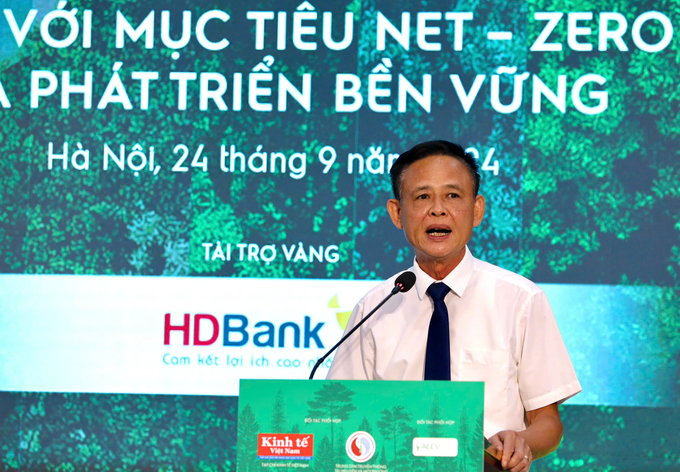
At the seminar, Dr. Ha Cong Tuan, former Permanent Deputy Minister of Agriculture and Rural Development, Chairman of the Vietnam Association of Agricultural Economics and Rural Development, said: “Under the direction of the Government, the Ministry of Agriculture and Rural Development is actively innovating to continue restructuring the sector to achieve the goal of developing forests in particular and developing agriculture in general in the direction of multi-value. In particular, we must use non-forest values to prevent forest degradation and loss wisely”. Dr. Ha Cong Tuan assessed the potential to increase forest quality in Vietnam. Vietnam’s current task is to increase forest quality to increase carbon storage. Because different forest quality will lead to different carbon storage capacities (known as “carbon storage”). The ability to absorb and store a forest’s carbon depends on factors such as biomass richness, tree species, forest age, and conservation status.
In addition, Vietnam needs to assess factors affecting carbon credit prices, such as the type of project that forms the carbon credit and determining the daily increase in emissions based on the criteria and payment location. Dr. Ha Cong Tuan added that at some carbon credit sales points in Europe, the price of carbon credits also includes the cost of conserving species living in that area. This creates a sustainable model for reducing greenhouse gas emissions while preserving biodiversity and protecting the environment.
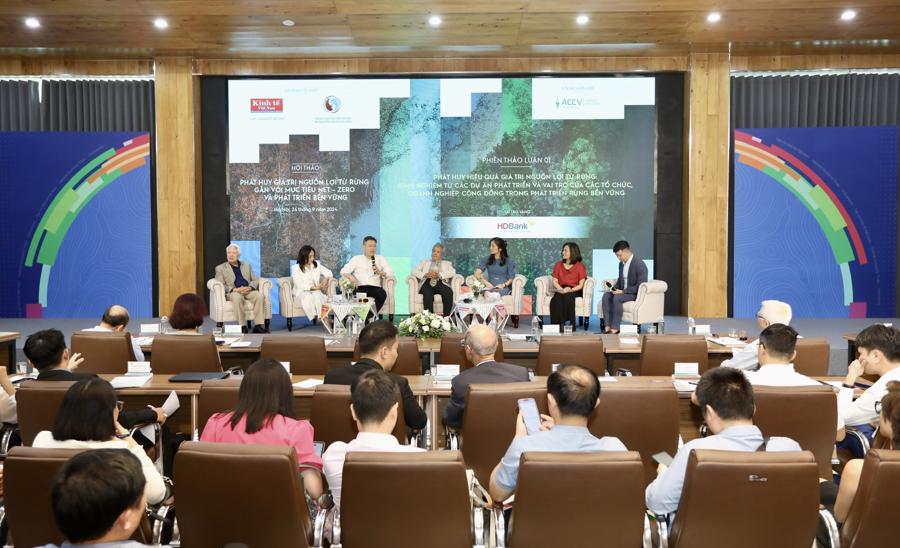
In addition, Vietnam should consider establishing a mandatory carbon trading platfrom to fulfill its international commitment to reduce greenhouse gas emissions and achieve the Net Zero target by 2050. The trading platfrom will encourage businesses to participate in environmental protection activities, generate income from carbon credits and ensure transparency in measuring emissions. In addition, establishing a platfrom also creates opportunities for Vietnam to participate in the international carbon market, learn from the experiences of developed countries, and raise public awareness of environmental protection.
Phuong Linh – Translated by Huong Giang


